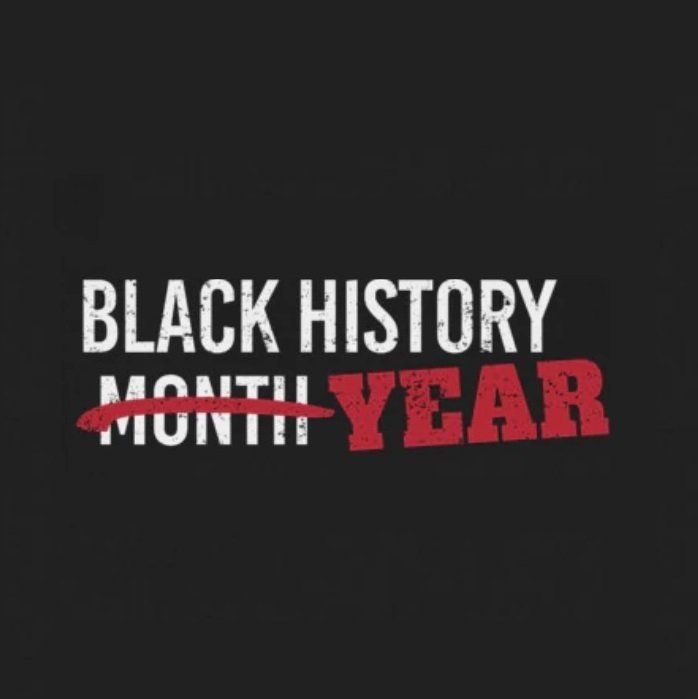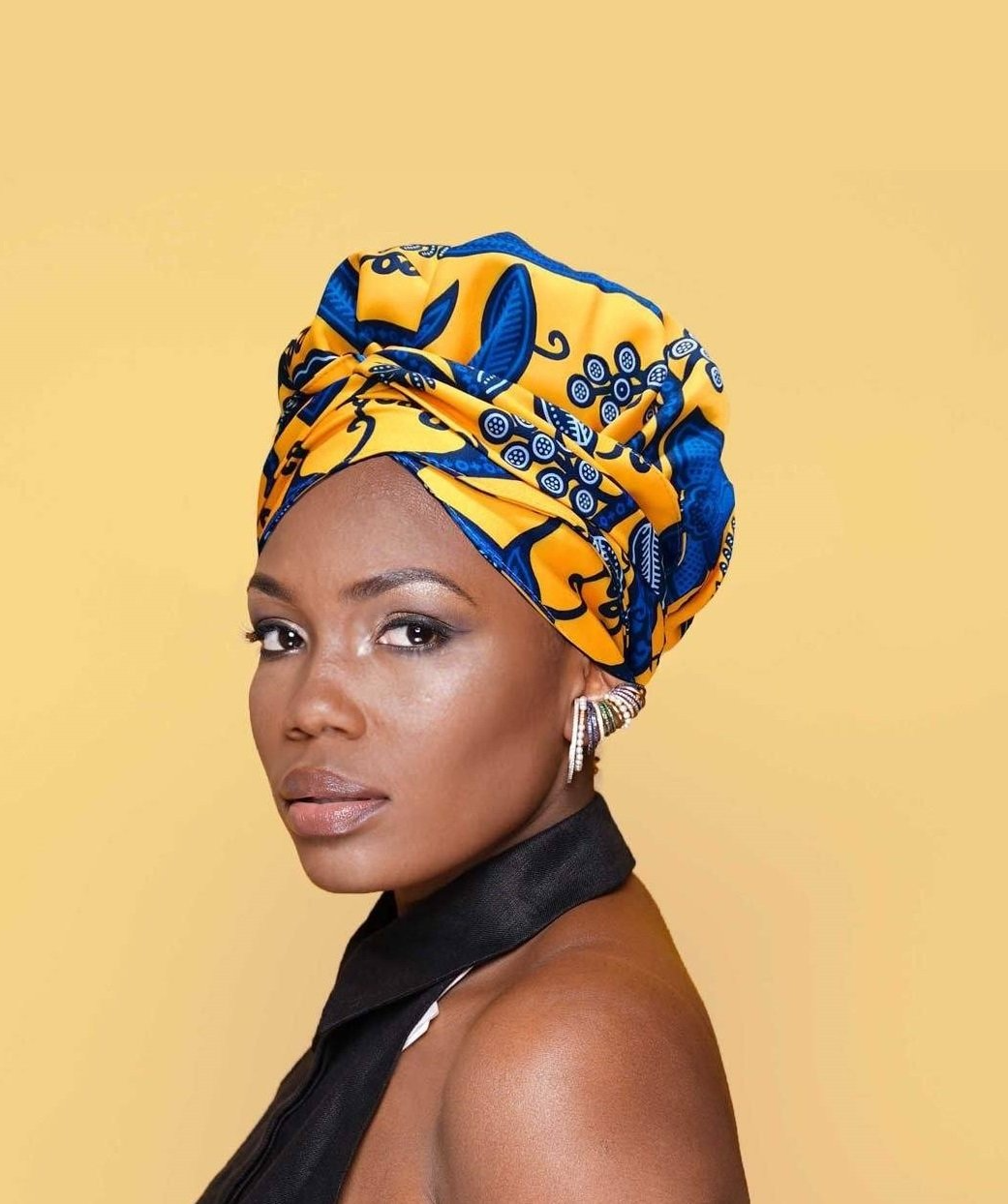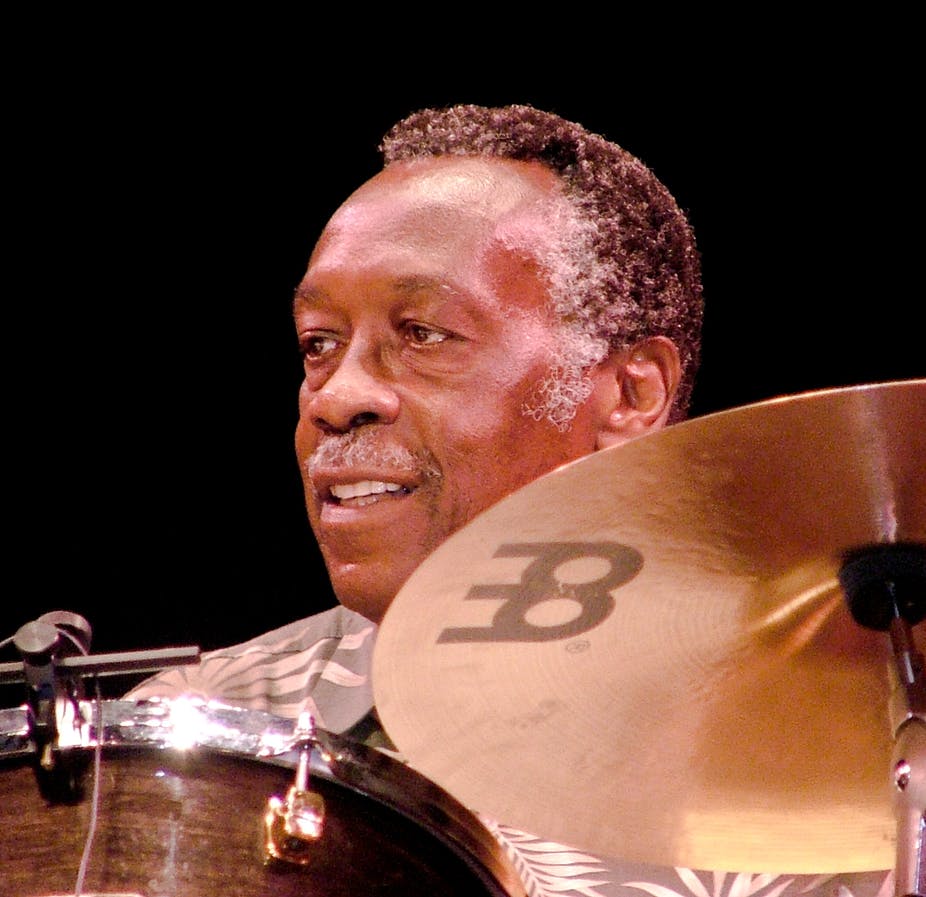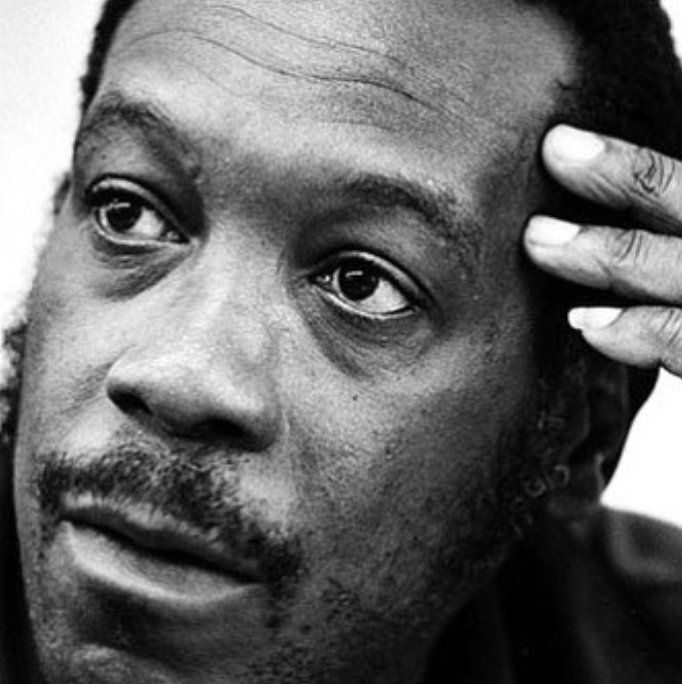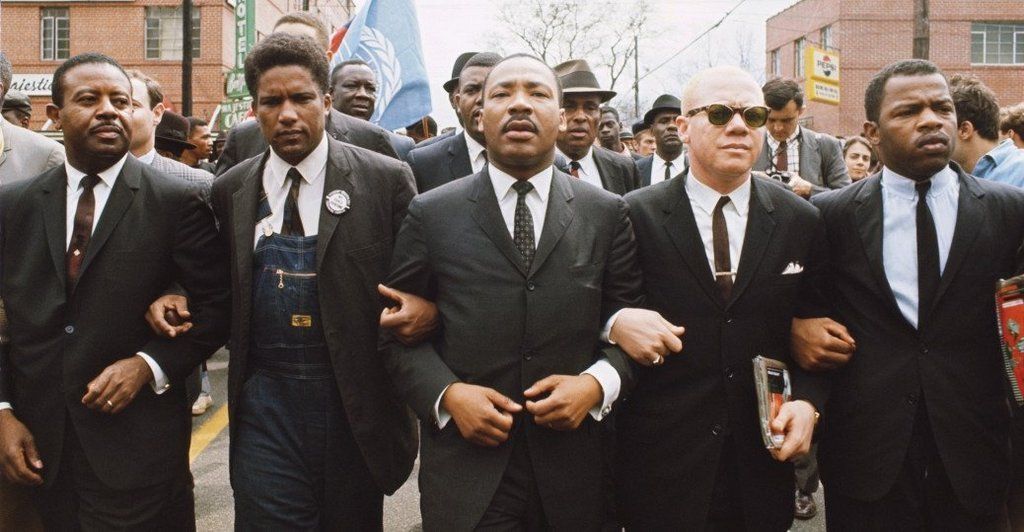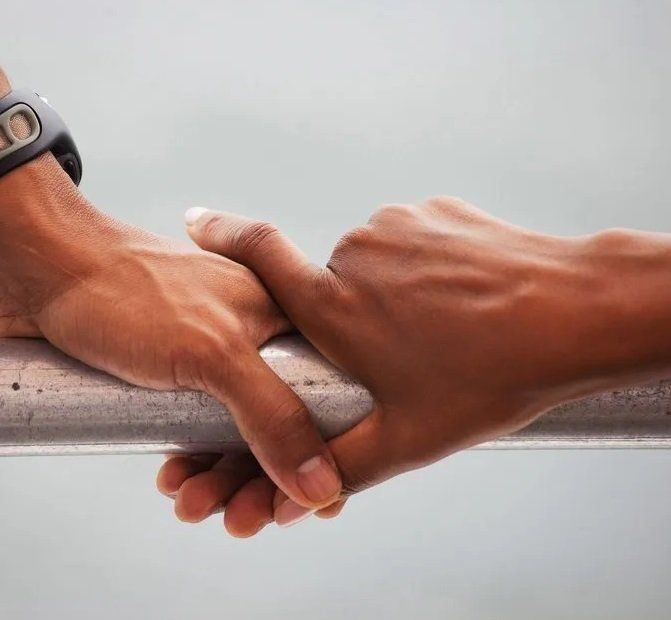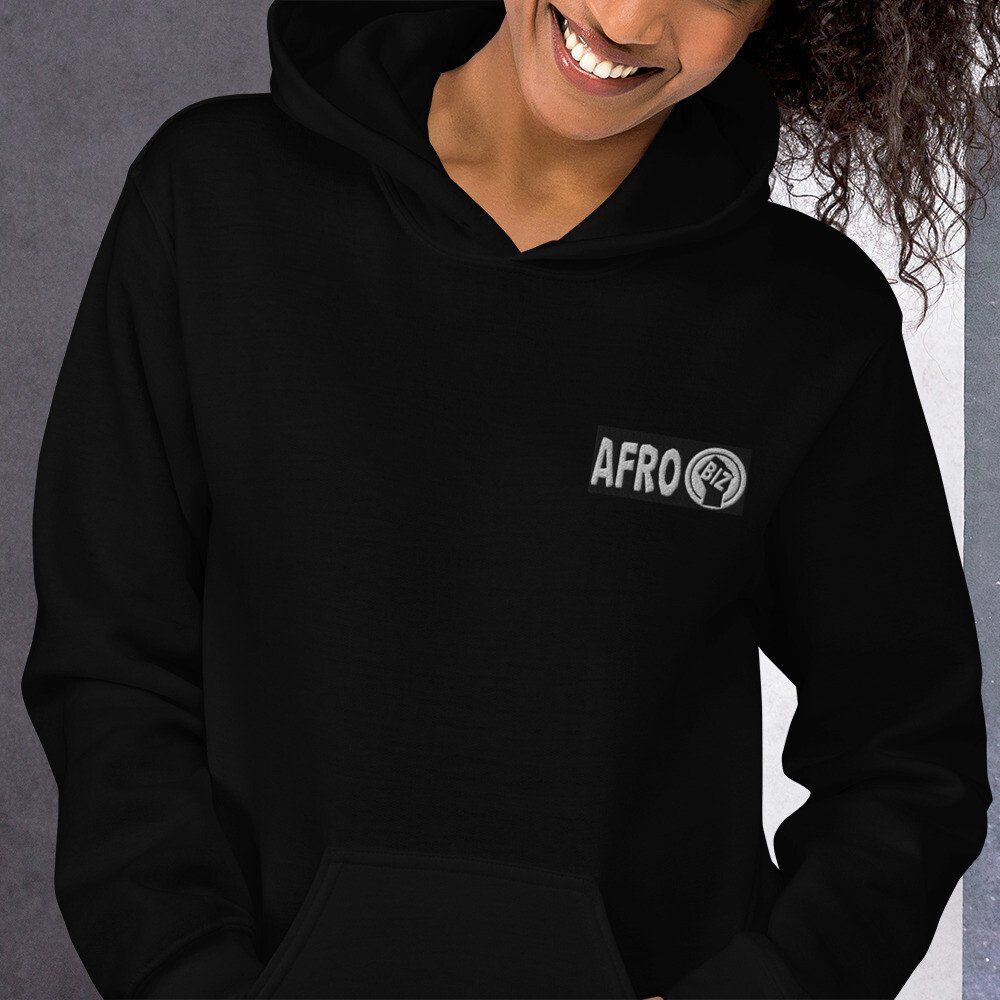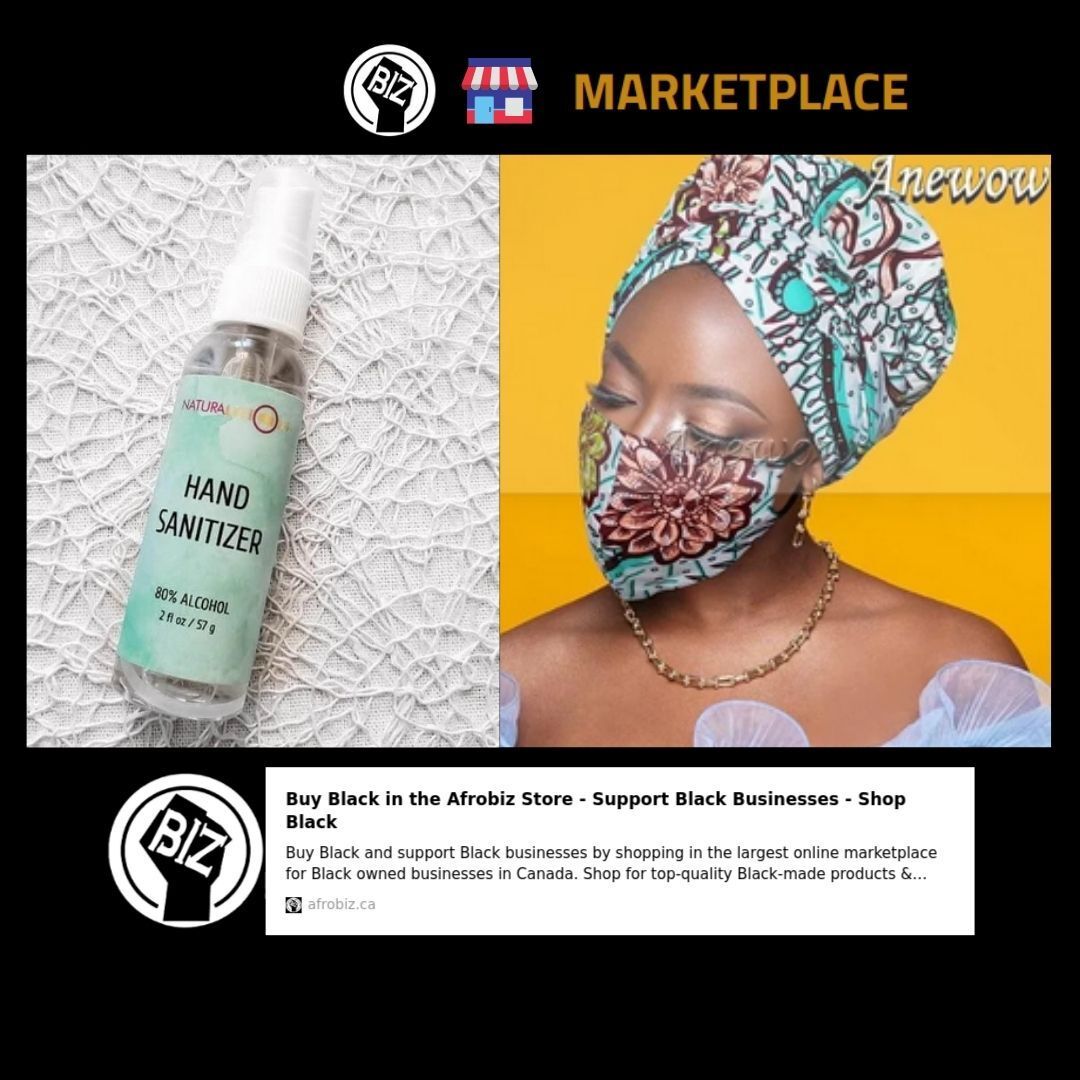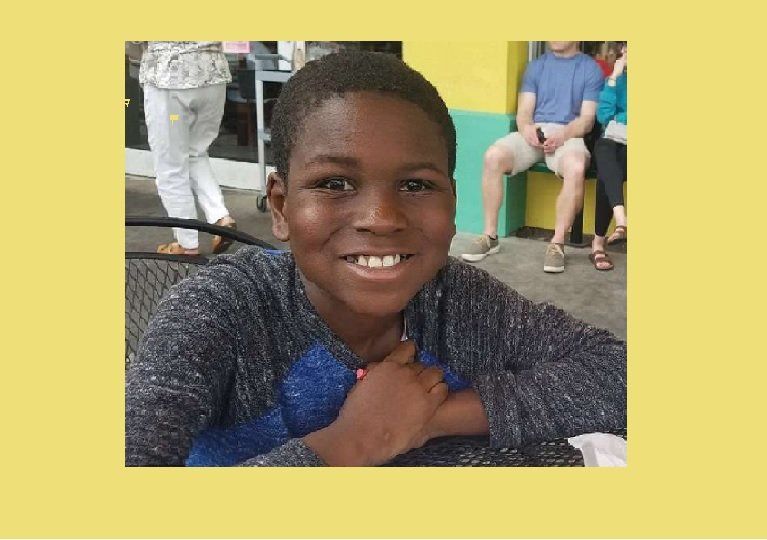The story of the funky drummer: the most exploited man in modern music
“Give the drummer some”, said the voice of funk soul pioneer James Brown as it rang out above his band on the 1967 recording of Cold Sweat. The drummer in question was Clyde Stubblefield who was said to be one of the most sampled and exploited musicians of all time.
His playing on Cold Sweat established the rhythmic template for funk and is rightly regarded as being pivotal in the history of popular music. But it was his work on Brown’s Funky Drummer that would echo through the ages. A 20-second drum loop that would go on to be sampled on over 1,300 songs , from Public Enemy and Beastie Boys to George Michael, Britney Spears and Ed Sheeran.
So why did a musician who created one of the most memorable pieces of music of all time end up dying in relative poverty?
Stubblefield’s position in music history is assured. But the fact remains that he was never properly compensated financially for his talent and innovation. He died on February 18 but before the end of his life had unpaid medical bills of $90,000. Before he died, Stubblefield revealed that his bills were settled by the late great Prince in an act of charity. He was one of the drummer’s greatest fans. So questions are now being asked as to what it was that Stubblefield was actually “given” by his employers and by the generation of musicians that seemingly so often took his labour for granted.
Stubblefield worked with James Brown from 1965-1971 having previously been the sticksman for soul legend Otis Redding. He was no newcomer to the music business and it was normal practice for musicians like Stubblefield to be paid a one-off fee for the recording. Despite making a critical contribution to the record, he would not have retained any of the rights to his performance or his compositional contribution. Stubblefield spoke about Brown in the PBS documentary Copyright Criminals (2009) , saying: “He didn’t tell me what to play … I played what I felt but he owned it.”
His story may have gone unnoticed by the wider world were it not for the recording of Funky Drummer on November 20, 1969. It was a minor hit for for The Godfather of Soul. But five minutes and 34 seconds into the song, Stubblefield embarks upon a solo drum feature that launches both him and his drumming into the future, becoming a primary source in hip-hop’s development.
The Funky Drummer Loop
This 20 seconds of music is propelled by a very straight and repetitive semiquaver/16th note hi-hat pattern with the bass drum emphasising the first two quavers/eighth notes of the bar. However, it is in the snare drum part where Stubblefield makes the magic happen. Its roots come from the New Orleans marching band tradition and it blends syncopations, ghost notes and rimshots into a compulsive rhythmic mix. The snare bounces off and against the straighter parts creating an addictively danceable beat that would prove irresistible to legions of hip-hop producers, DJs, rappers and pop artists.
“Breakbeats” (looped two-bar audio snapshots known as samples) from the solo became one of the rhythmic foundations of hip-hop and were used hundreds of times on tracks by artists including Public Enemy, LL Cool J, Ice Cube and Run DMC. The affordable new sampling technology such as the E-mu SP-1200 percussion sampler that emerged in the mid 1980s made this possible, building on the vinyl mixing innovations of hip-hop innovator DJ Kool Herc.
However, in the excitement surrounding the new hip-hop culture and associated technologies, few stopped to think about paying or crediting the artists who were being sampled. Stubblefield said: “People use my drum patterns on a lot of these songs … They never gave me credit, never paid me. It didn’t bug me or disturb me, but I think it’s disrespectful not to pay people for what they use.” It wasn’t long before the sample was being picked up by pop and rock producers – and so Stubblefield’s uncredited influence grew and grew.
In another interview , Stubblefield spoke about how the samplers sometimes tweaked his drum part, adding: “They can change the tone … they’ve got so much technology today they can make the speed go up … whatever they want to do with it, and I won’t even know it’s me … I prefer to get my name on the record saying this is Clyde playing … the money is not the important thing, just to get myself out in the world.”
Stubblefield was not alone in having his work sampled and reassembled into someone else’s creative vision. 1960s funk outfit The Winston’s “Amen” break from their track Amen, Brother, performed by drummer GC Coleman, has been used by acts as varied as NWA and Oasis and has been the basis for many hits. Coleman also died homeless and broke in 2006 without ever having been paid a cent for his efforts.
Unsung heroes
Stubblefield and Colman were working in an era when it was hard for even big name artists to get the money they were owed – so for mere session musicians it would have been impossible. The music business is built upon the exploitation of copyrights and neither musician had any ownership of their most important work.
In some ways, that is still the accepted lot of the session musician. You sell your creativity and instrumental or vocal skills for a one-off fee. But without these musicians’ extraordinary rhythmic imaginations, the records that we have all been dancing to for the last 30 years would have been lacking that crucial funk factor. We should take our hats off to these unsung heroes.
SOURCE: http://ow.ly/vyj630n5FLP
